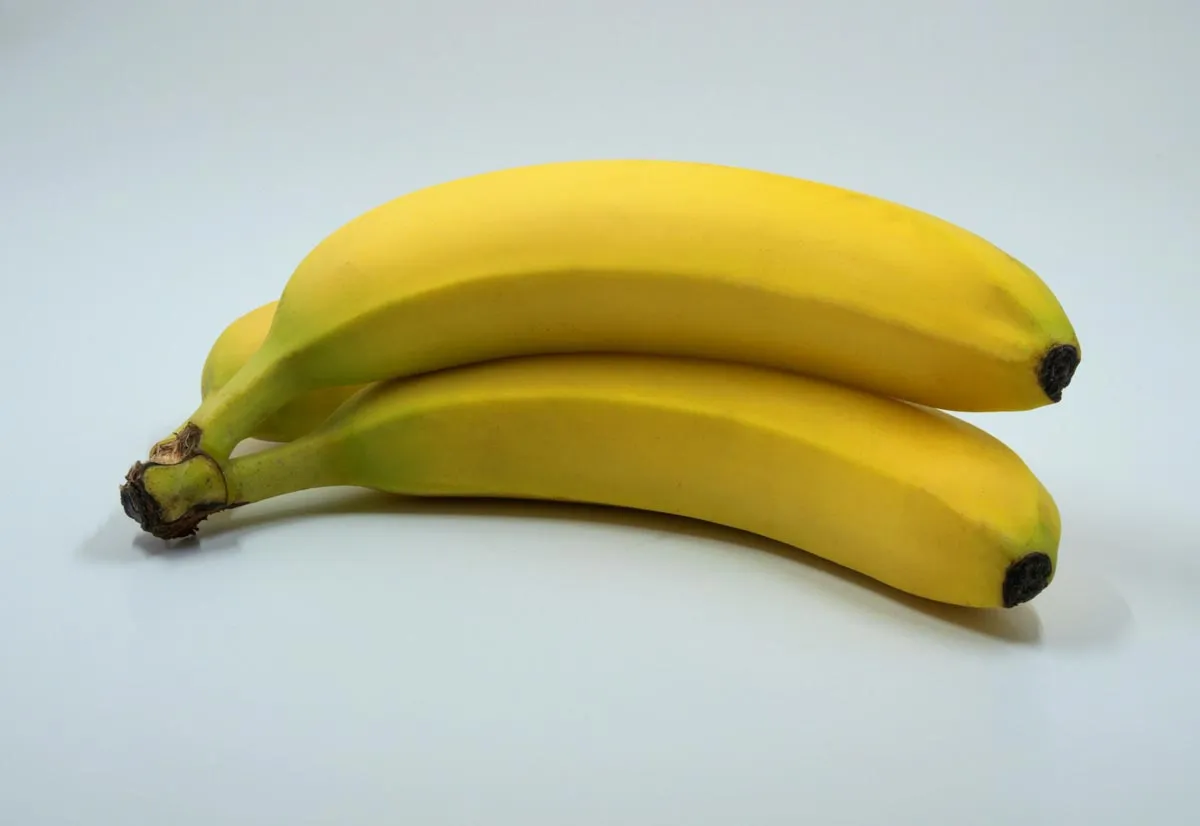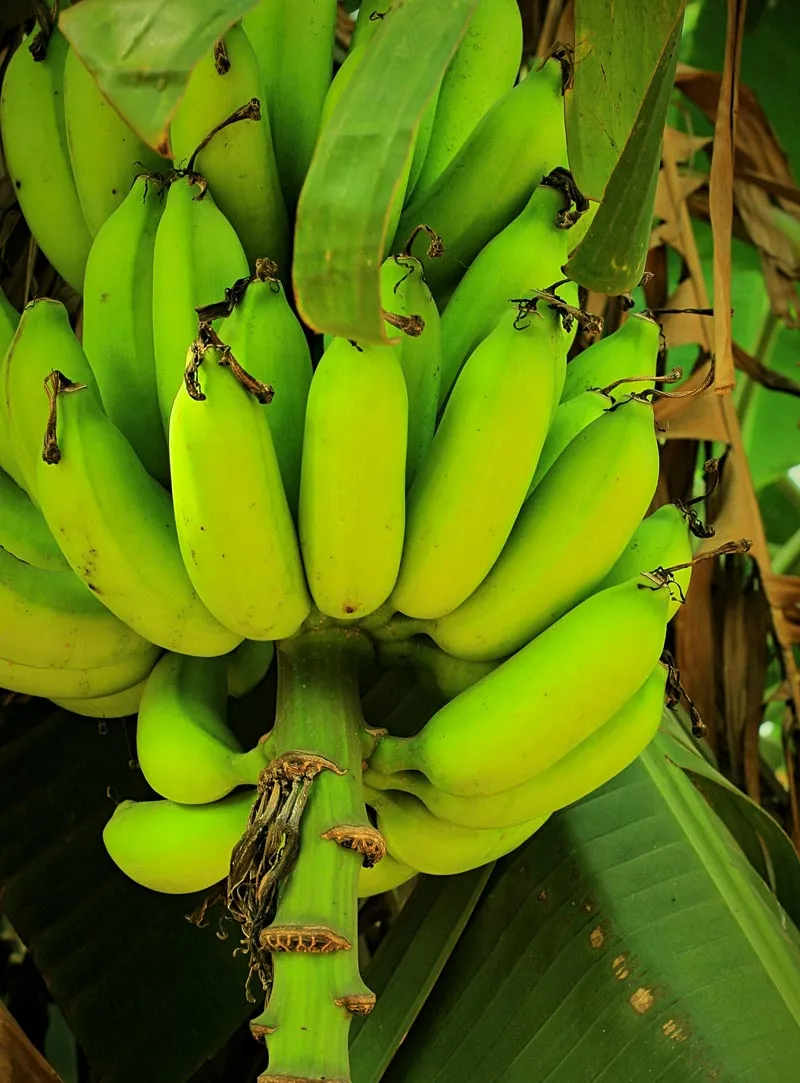
Bananas are a beloved staple in many households, known for their sweet taste, portability, and numerous health benefits. However, they also come with a fair share of myths and misconceptions. From black spots on the peel to their effects on constipation and blood sugar levels, there’s a lot to unpack about this popular fruit. In this article, we’ll uncover the truth behind some common banana myths and reveal why this versatile fruit deserves a spot in your diet.
1. Are Bananas with Black Spots Safe to Eat?
The black spots on a banana’s peel are a natural sign of ripening and are not necessarily bad. These spots, known as “age spots,” form as bananas mature. They result from the peel’s polyphenols reacting with oxygen and enzymes to produce melanin. The more spots, the riper the banana. If the fruit inside remains firm and free of mold, it is safe to eat. However, avoid bananas with blackened flesh, cracked skin, or moldy ends.
2. Can Bananas Relieve Constipation?
Contrary to popular belief, bananas are not the best remedy for constipation. While they are smooth and easy to eat, they lack the high fiber content needed to relieve constipation. Other fruits like apples, pears, and prunes are better options. Moreover, unripe bananas contain tannins that might worsen constipation.
3. What’s the Difference Between Green and Yellow Bananas?

Green bananas are unripe and contain high levels of tannins and resistant starch, making them firm and less sweet. As they ripen, these components convert to soluble sugars, giving ripe bananas their soft texture and sweet flavor. Both are nutritious, but their texture and taste vary significantly. Ethylene gas is often used commercially to ripen bananas, a process that does not affect their safety.
4. Is It Safe to Eat Bananas on an Empty Stomach?
Despite concerns, eating bananas on an empty stomach is safe for most people. While bananas are rich in potassium and magnesium, the amounts are not harmful when consumed in moderation. However, individuals with kidney problems should be cautious, as excessive potassium can be harmful.
5. Can Diabetics Eat Bananas?
Bananas have a moderate glycemic index (GI) of 52, with unripe bananas scoring even lower at 30. This means they can be part of a balanced diet for people with diabetes. To manage blood sugar levels, diabetics should eat bananas in moderation and avoid pairing them with other high-carb foods.
Bonus: How to Store Bananas
- To Slow Down Ripening: Rinse the peels, wrap the stems in plastic wrap, and store them in a cool, dark place (not the fridge).
- To Speed Up Ripening: Place them in a sealed bag with ethylene-producing fruits like apples or pears.
Eating the right amount of bananas and storing them properly can help you enjoy their benefits without any hassle.

